While most nations grapple with ageing populations, Saudi Arabia stands out with its burgeoning youth demographic.This youthful energy is crucial to building the nation’s future, and the government is counting on young Saudis as the driving force behind its ambitious plans. The role of youth is not merely recognised—it is central to the country’s strategic vision for a sustainable and prosperous future. According to recent demographic data, approximately 67% of Saudi Arabia’s population is under the age of 30, with around 32% of that figure below 15.
The Youthful Spirit Behind Saudi Arabia’s Cultural Shift
While many nations grapple with ageing populations, Saudi Arabia stands apart with a dynamic and youthful demographic. Approximately 67% of its population is under 30, with about 32% below the age of 15. This youthful energy is central to the Kingdom’s ambitious plans, particularly under the transformative Vision 2030 framework.
The influence of Saudi Arabia’s youth is evident across various sectors. Advertising, fashion, and entertainment now reflect a more open and optimistic outlook, blending traditional values with modern perspectives. Since the launch of Vision 2030 in 2016, the Kingdom has pivoted from an oil-dependent economy to one embracing diversification. Emerging sectors such as technology, renewable energy, and tourism are at the forefront of this transformation, demanding adaptability and innovation—qualities inherent in the younger generation.
Emerging Sectors and the Role of Saudi Youth
Recognising the pivotal role of youth, the Saudi government has invested in equipping them with skills for a knowledge-based economy. Partnerships with leading institutions such as Harvard University and the establishment of centres like the Saudi Technical and Vocational Training Corporation reflect a comprehensive approach to skill development.
Entrepreneurship among young Saudis is flourishing. Initiatives like the MiSK Foundation provide funding, mentorship, and resources to foster entrepreneurial ventures. The MiSK Innovation Initiative, for instance, organises events such as the MiSK Global Forum, connecting young innovators with industry leaders. Government scholarship programmes now encompass fields previously undervalued, empowering young Saudis to pursue diverse careers.
The impact of youth extends to technology and renewable energy sectors. Institutions like the King Abdulaziz City for Science and Technology offer platforms for research and development, while the National Renewable Energy Program aims to diversify the energy mix and create sustainable jobs for the next generation.
Education and Entrepreneurship: Preparing for a Sustainable Future
Adapting traditional systems to modern realities is essential to Saudi Arabia’s progress. Noor, a 19-year-old university student, reflects on the changes: “Today we are heard, seen, and cared about. There are so many activities supporting our skills and talents.” Her words underscore the growing emphasis on youth engagement and development. By nurturing the potential of its young population, Saudi Arabia ensures its ambitious plans for a sustainable and prosperous future remain within reach.
Saudi Arabia’s digital transformation is more than just a technological shift—it is a social and cultural evolution. From reinventing traditions to embracing innovation, the Kingdom is crafting a narrative where youthful energy drives progress. Vision 2030 depends on the contributions of young Saudis, and as the nation moves forward, their influence will continue to shape a future that balances tradition with modernity.
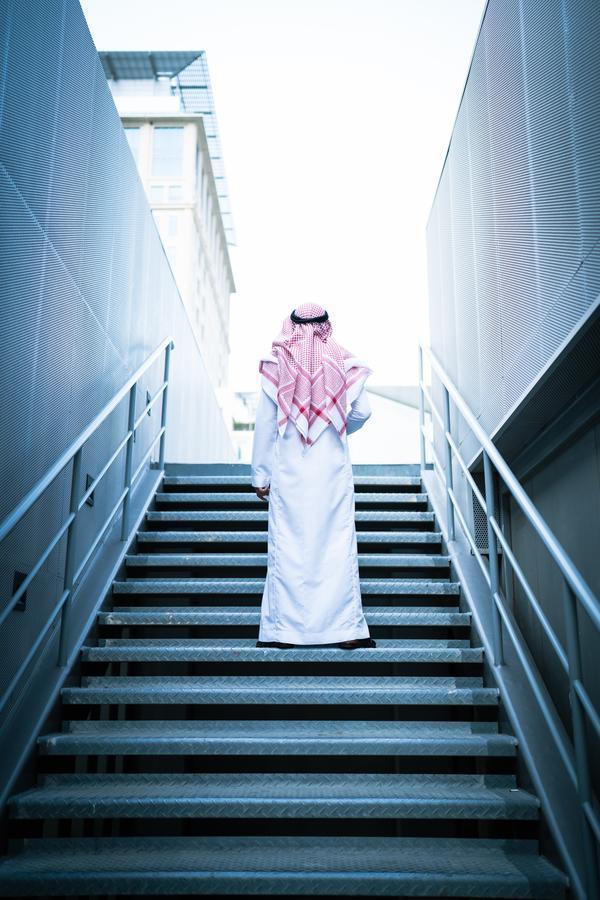
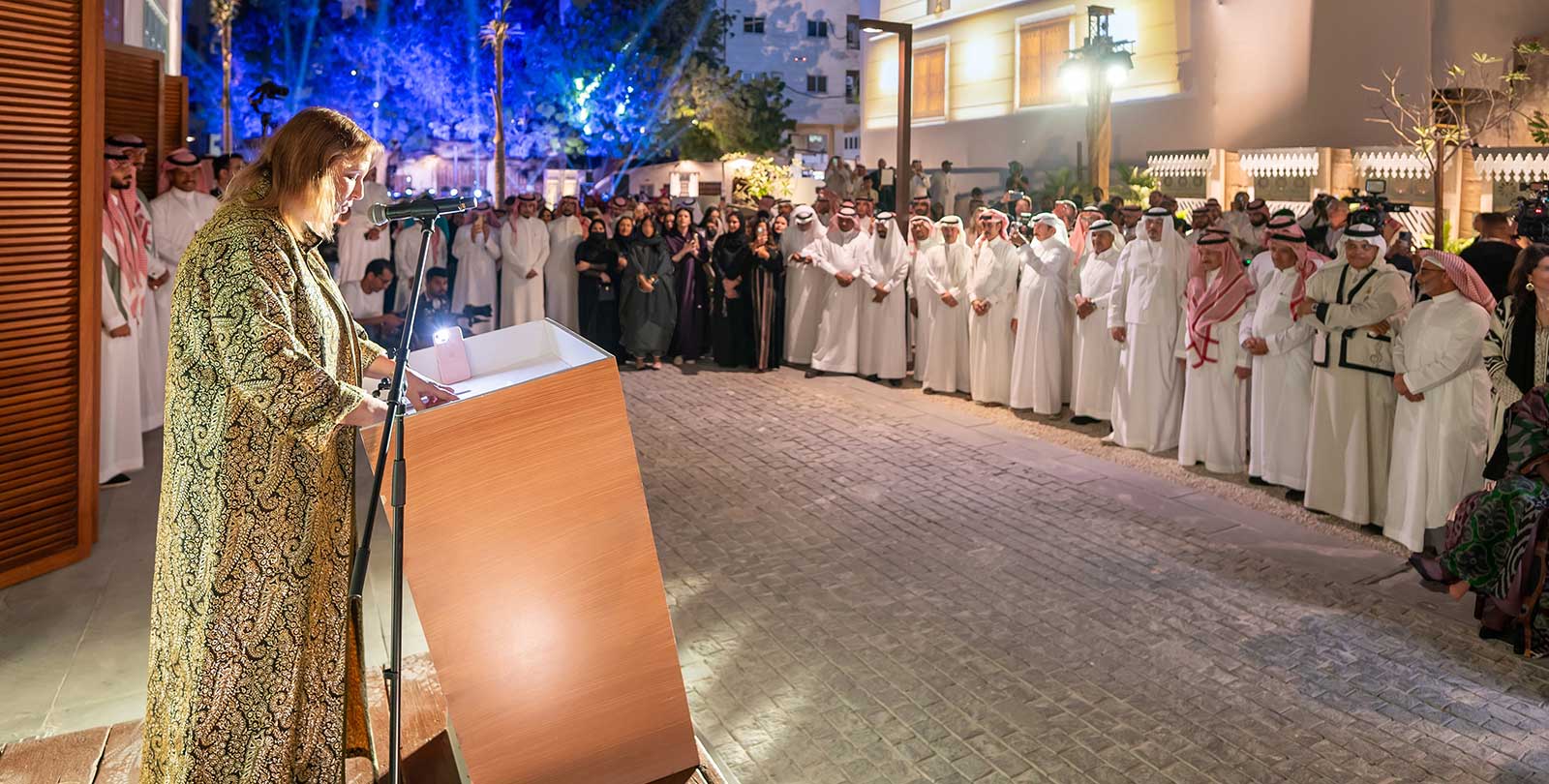
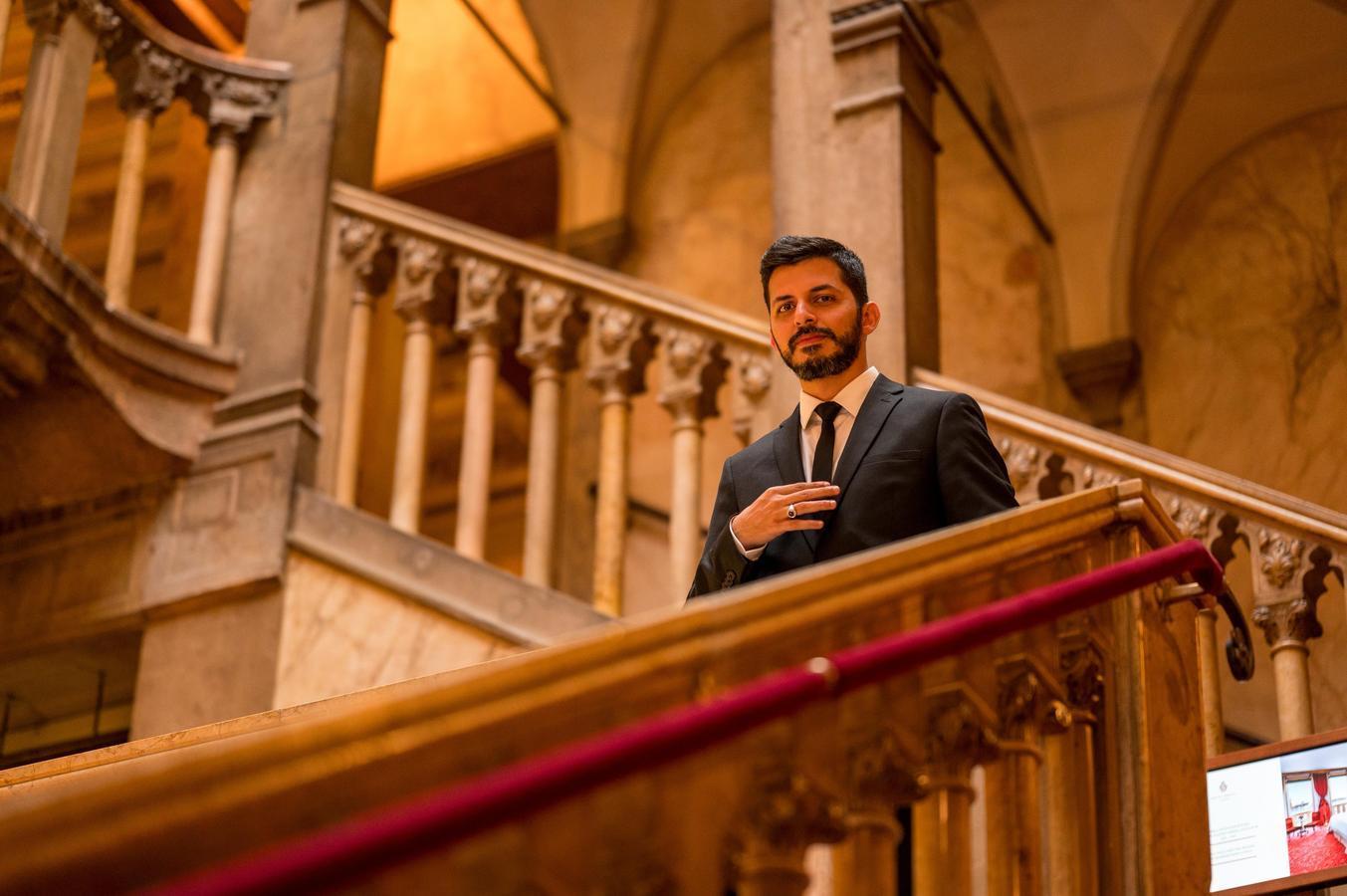
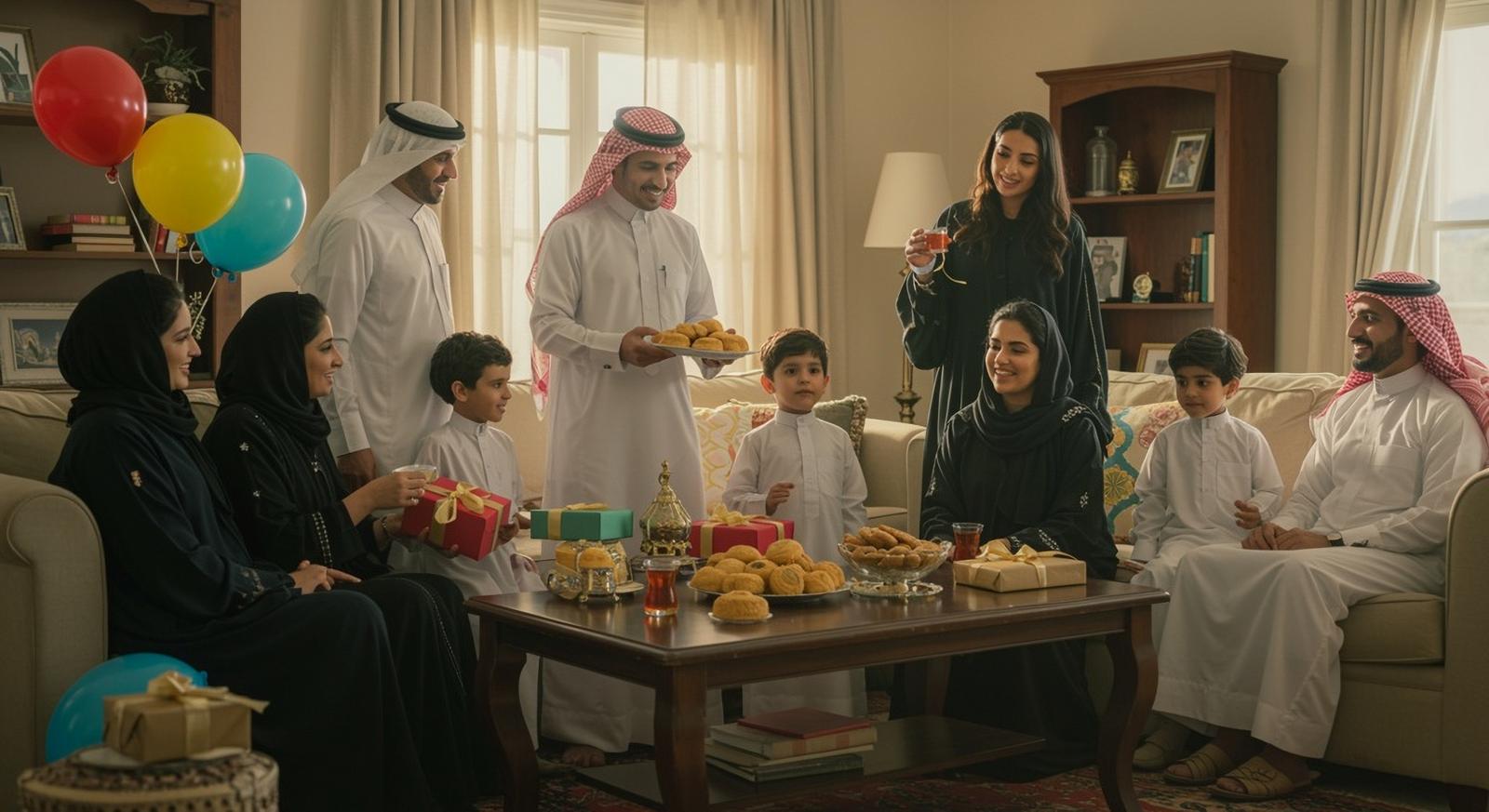
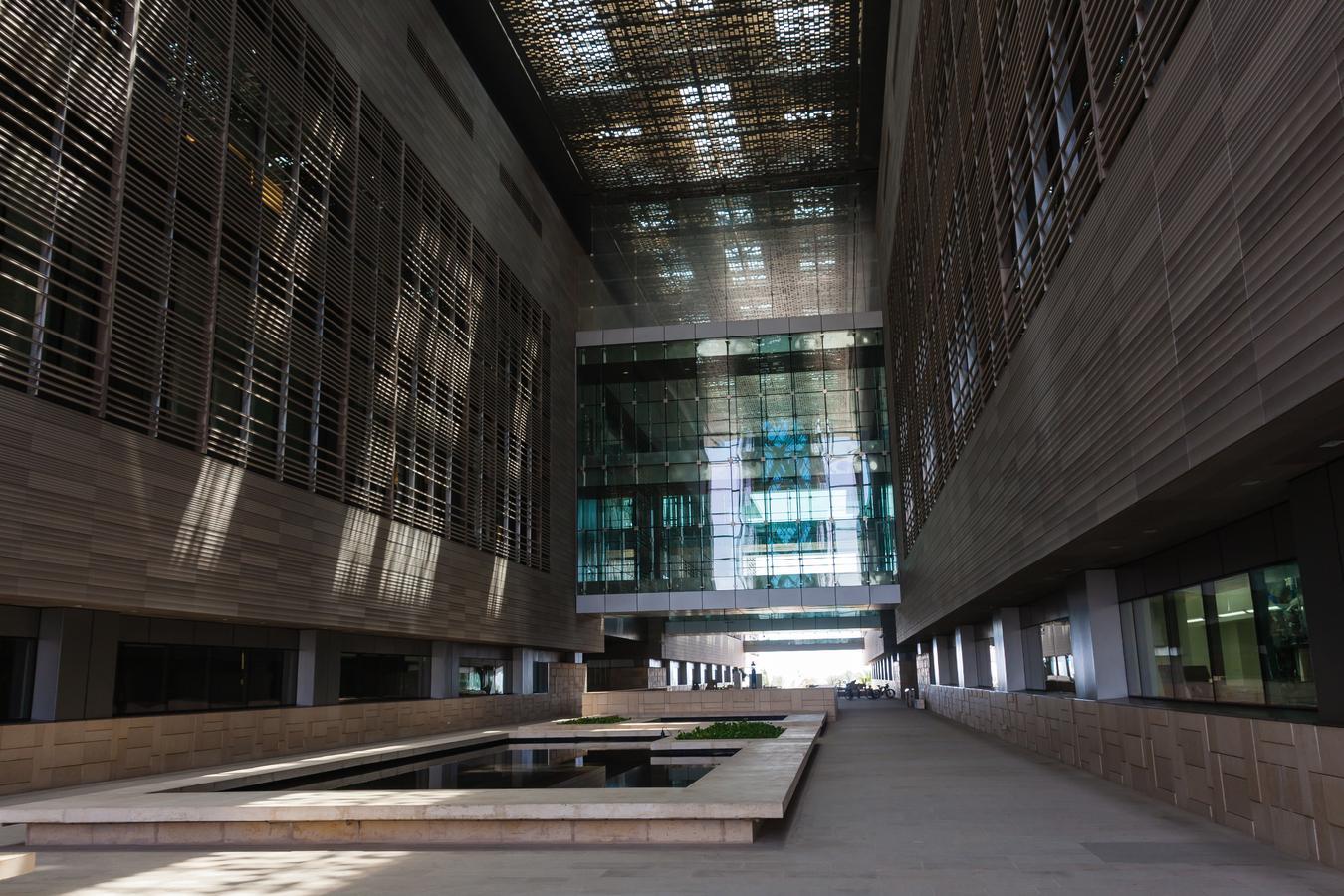

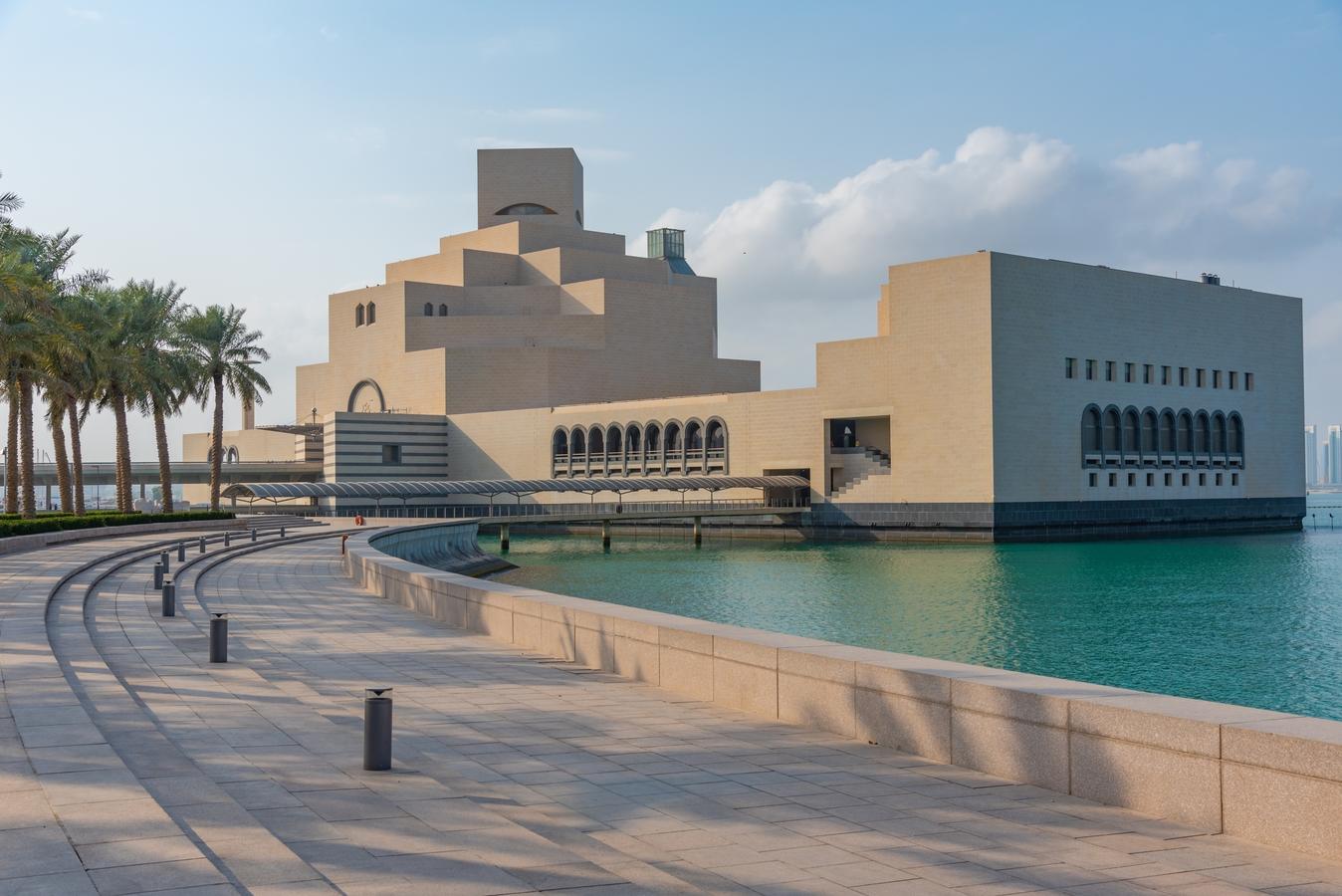
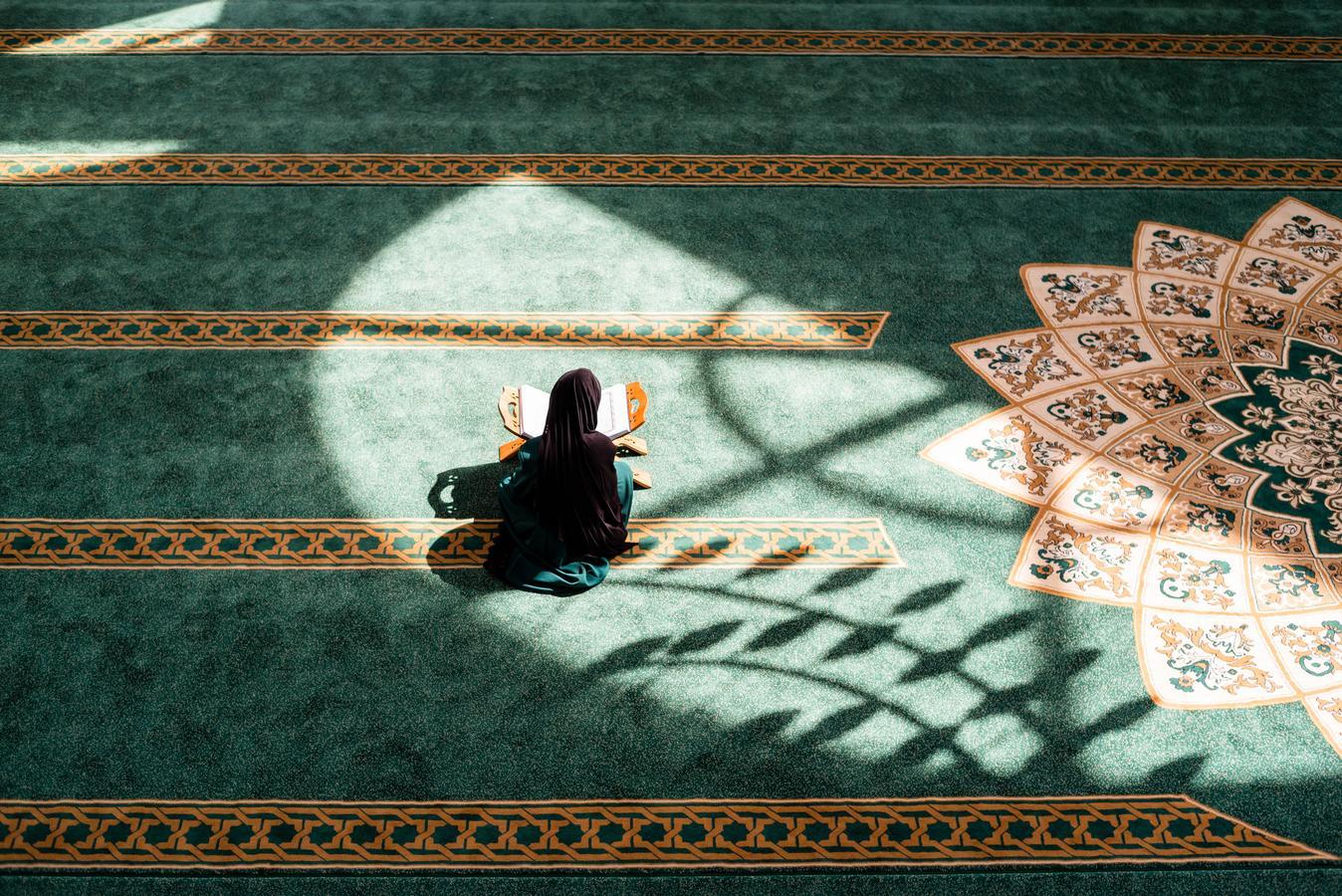
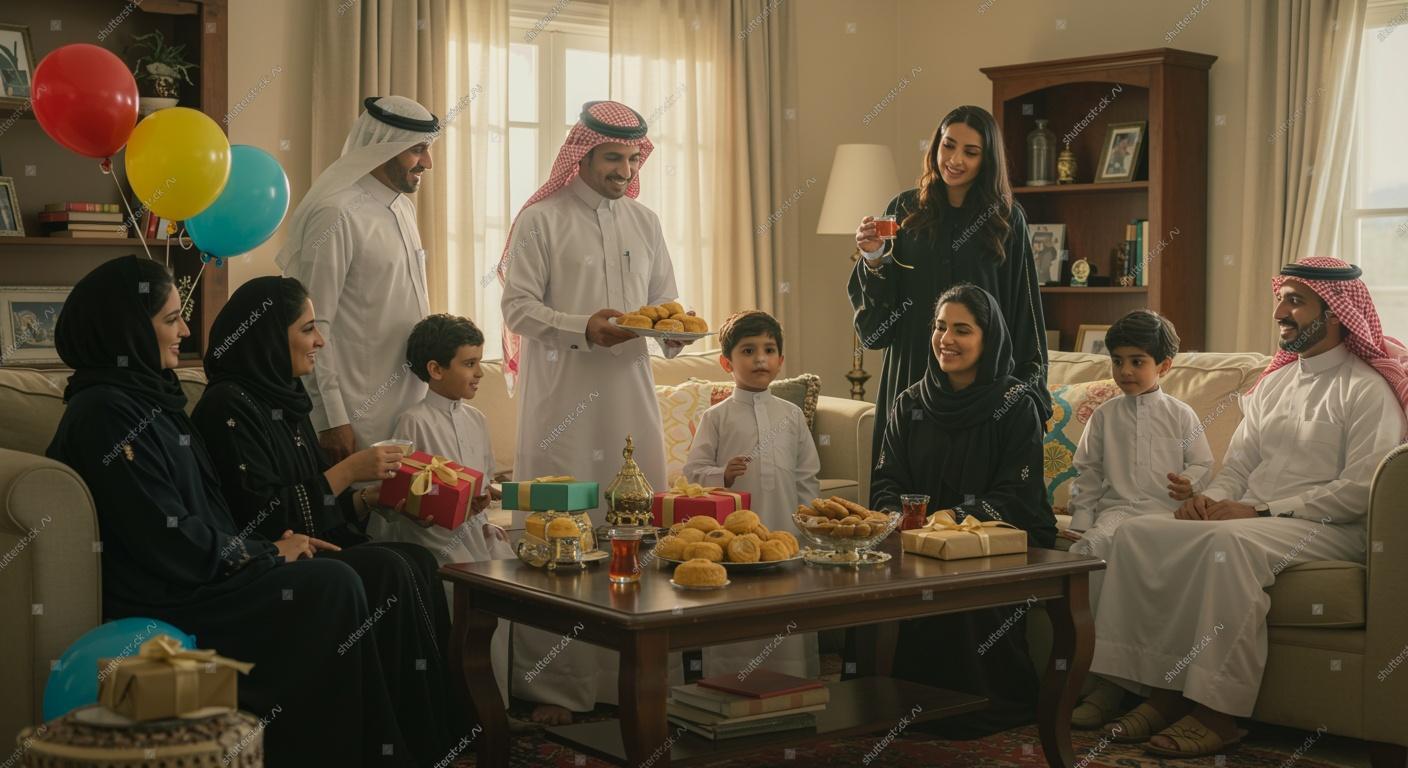
0 Comments
No comments yet. Be the first to comment!